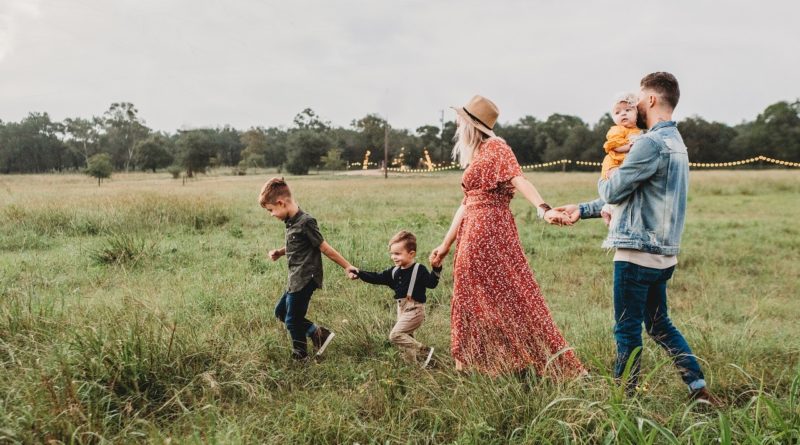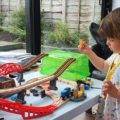The State and The Family
Last week the Princess of Wales launched her ‘life’s work’ project called ‘Shaping Us’. In her speech Kate Middleton said: “The campaign is fundamentally about shining a spotlight on the critical importance of early childhood and how it shapes the adults we become. During this time we lay the foundations and building blocks for life. This is why it is essential to not only understand the unique importance of our earliest years, but to know what we can all do to help raise future generations of happy, healthy adults.”
“My instinct was to ignore this scheme – largely because of its source. Problems faced by ordinary people are almost never understood, let alone solved, by those who live on the planet Zog. (It may be very difficult to be a royal; but the current bunch are not an obvious source of wisdom and initiative in matters of child-rearing or social policy!)
Having had five children (now in their 40s) and having worked closely with many hundreds of other people’s children, I suspect that we may be misled in focusing so often on the very early years. Infants need human contact and space in which to develop and play – but maybe rather little of what parents are often persuaded to invest in.
However, if we focus on the first five years, then the choice seems simple:
* Either children are primarily the responsibility of the state;
* Or children are primarily the responsibility of “parents” (and the state’s role is to monitor/support this – including such interventions as requiring “education” for 5-6 hours a day from some age).
At present we seem reluctant to embrace either option – partly because of our failure to debate the nature of “the state” and “the family” (or “parents”), and their rights and obligations, in modern society. So we invent “parent-substitutes”, like the EYFS. In its first incarnation it spent many hundreds of pages seeking to institutionalise (in words for inspectors to check) the traditional craft of “parenting”. Subsequent versions have improved. But we still hesitate to value, to respect, and to support this traditional craft – and to make it a social obligation.
Infants need parents who are interested in them, who will talk to them, and read to them. That is what is often missing. But is not clear how to rediscover the widespread social responsibility that is implied by this observation. Nor is it likely to attract headlines. Moreover, it risks alienating some (maybe many) adults. So instead we focus our attention away from those who might not like the above message, and utter platitudes about 0-5 year olds (who are in no position to blow a raspberry and tell us to “Get real!”).
The focus should be on young adults (who give birth to the infants) and on older adolescents who become young adults – not on the infants. If Kate’s campaign were to address this, it would garner rather different headlines; but it might conceivably make a contribution.”





